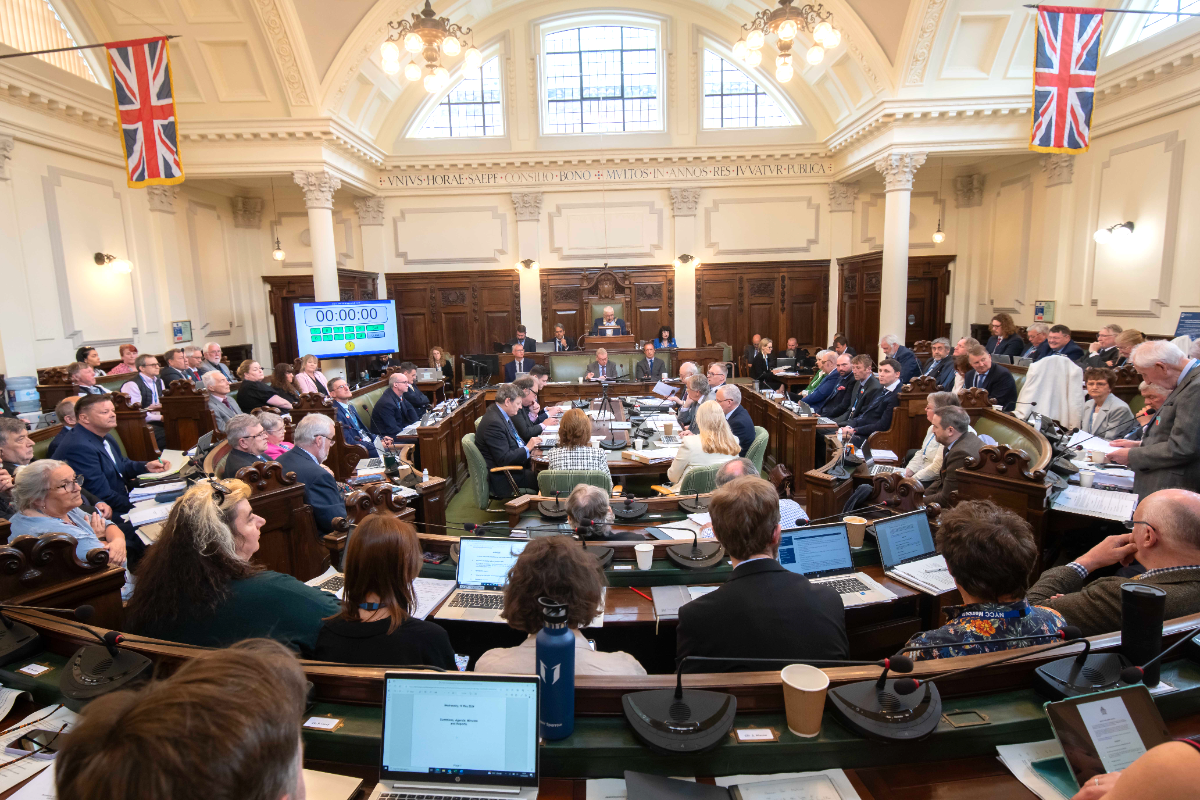
It's emerged that North Yorkshire is unique in the UK for its unusually high number of parish and town councils.
With 664 such councils, it boasts twice the amount of the next nearest council, Somerset Council. This fact alone makes North Yorkshire an outlier, given that 97.5% of councils across England have fewer than 200 parish councils, and over half have less than 30.
This abundance of parish and town councils places a significant responsibility on North Yorkshire Council in terms of liaison and support. The sheer scale of this network of local governance structures is something that wasn't fully anticipated when North Yorkshire Council was established.
Within North Yorkshire, 74% of these councils are classified as town or parish councils. A further 24% are parish meetings, while the remaining 1.8% are categorized as 'groups'. These groups exist in only two specific areas within North Yorkshire.
Mark Codman is North Yorkshire Council's Parish Liaison and Local Devolution Manager:
However, it's important to note that not all councils in this area charge a precept. In fact, 27.6% of town/parish councils in Scarborough and Whitby don't levy a precept at all, which is 2% higher than the North Yorkshire average. The reasons for this discrepancy in precept charges between Scarborough and Whitby and the rest of North Yorkshire aren't immediately clear from the sources. Further investigation into the specific services provided, the financial needs of individual councils, and the demographics of the areas they serve would be required to fully understand this disparity.
Mark added more details on Scarborough & Whitby specifically:
Overall, North Yorkshire presents a fascinating case study in the complexities of local governance. Its unusually high number of parish and town councils, coupled with the variations in precept charges between different areas like Scarborough and Whitby, raises questions about the equitable distribution of resources and the financial burden on residents.




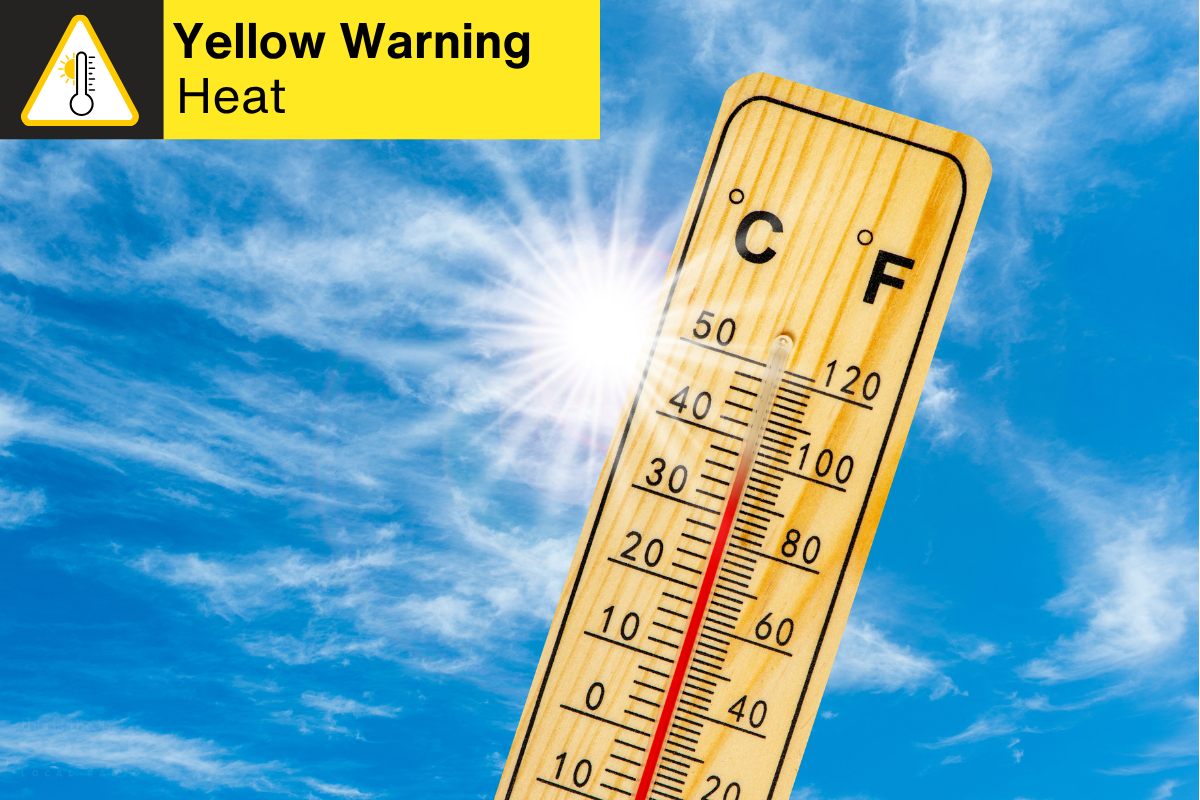 Yellow Heat Health Alert Issued for Yorkshire Coast Amidst Rising Temperatures
Yellow Heat Health Alert Issued for Yorkshire Coast Amidst Rising Temperatures
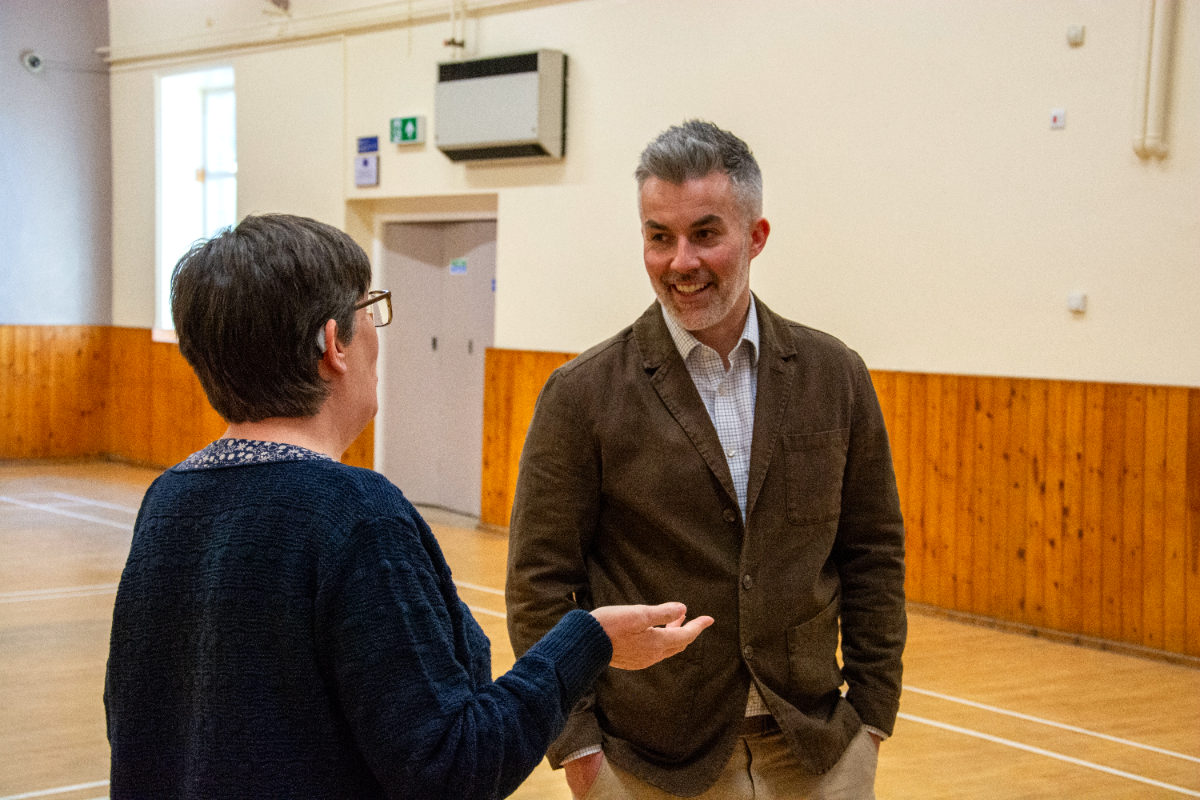 North Yorkshire Mayor Welcomes Devolution Bill
North Yorkshire Mayor Welcomes Devolution Bill
 Whitby Town Council Expresses Outrage Over Unannounced Ferris Wheel Installation
Whitby Town Council Expresses Outrage Over Unannounced Ferris Wheel Installation
 Public Invited to Shape Future of Scarborough Fair as Funding Period Nears End
Public Invited to Shape Future of Scarborough Fair as Funding Period Nears End
 New Figures Show Growth in North Yorkshire's £4 billion-a-year Visitor Economy
New Figures Show Growth in North Yorkshire's £4 billion-a-year Visitor Economy
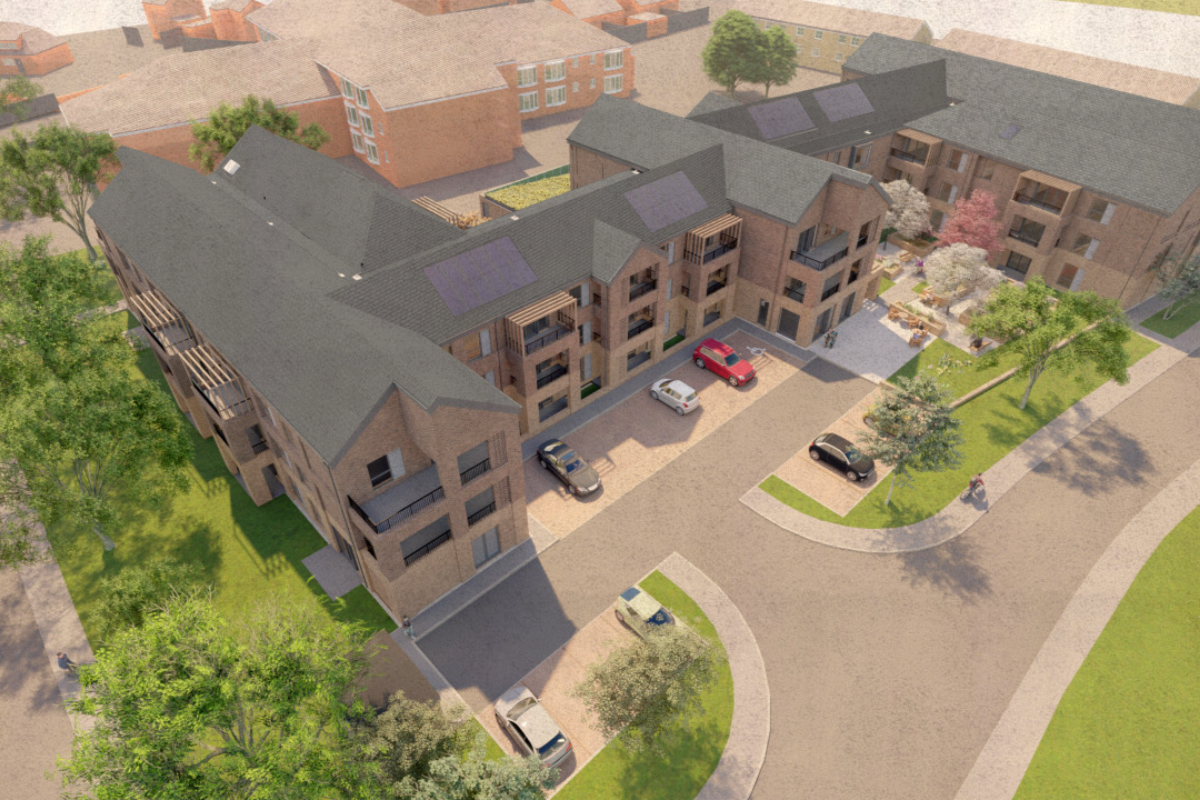 New Plans for Sheltered Housing Scheme in Bridlington
New Plans for Sheltered Housing Scheme in Bridlington
 Yorkshire Garden Centre Group Raises over £11,000 from Till Donations in Two Months
Yorkshire Garden Centre Group Raises over £11,000 from Till Donations in Two Months
 Police Seize Off-Road Bike and E-Scooter in Eastfield Amid Public Safety Concerns
Police Seize Off-Road Bike and E-Scooter in Eastfield Amid Public Safety Concerns
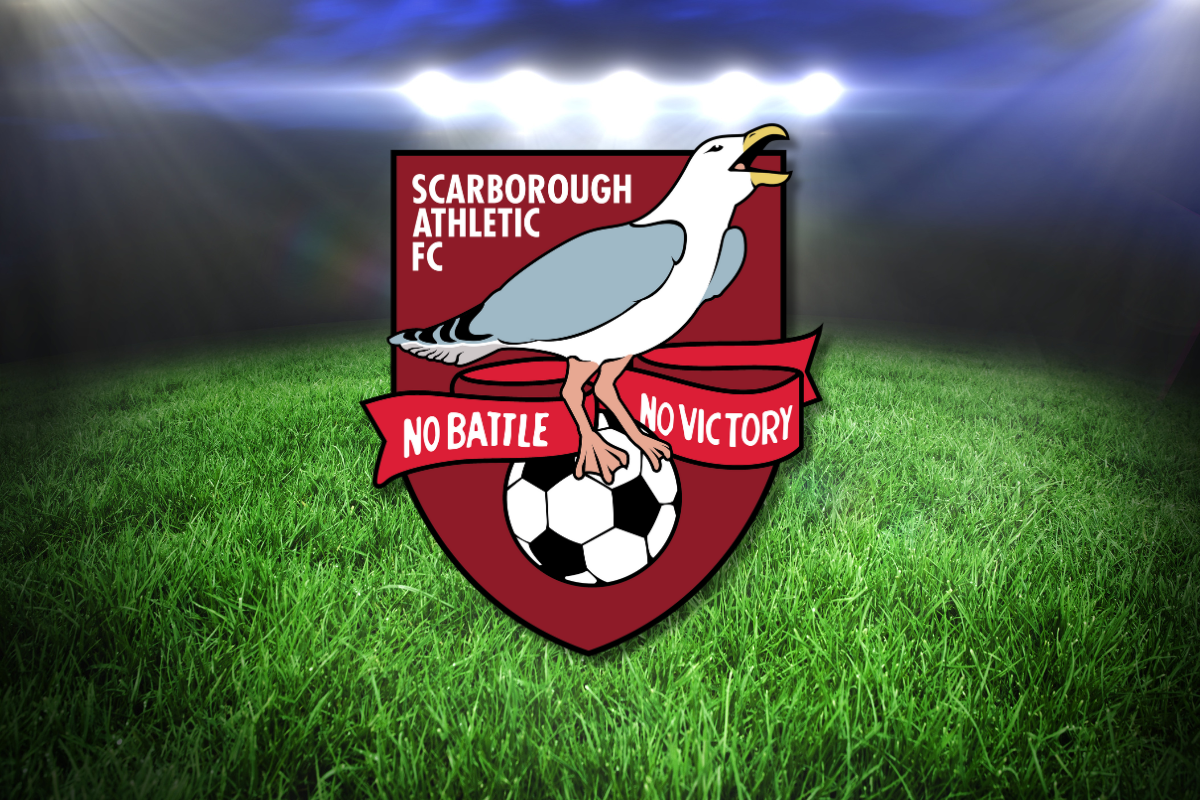 Scarborough Athletic Fixture List Revealed
Scarborough Athletic Fixture List Revealed
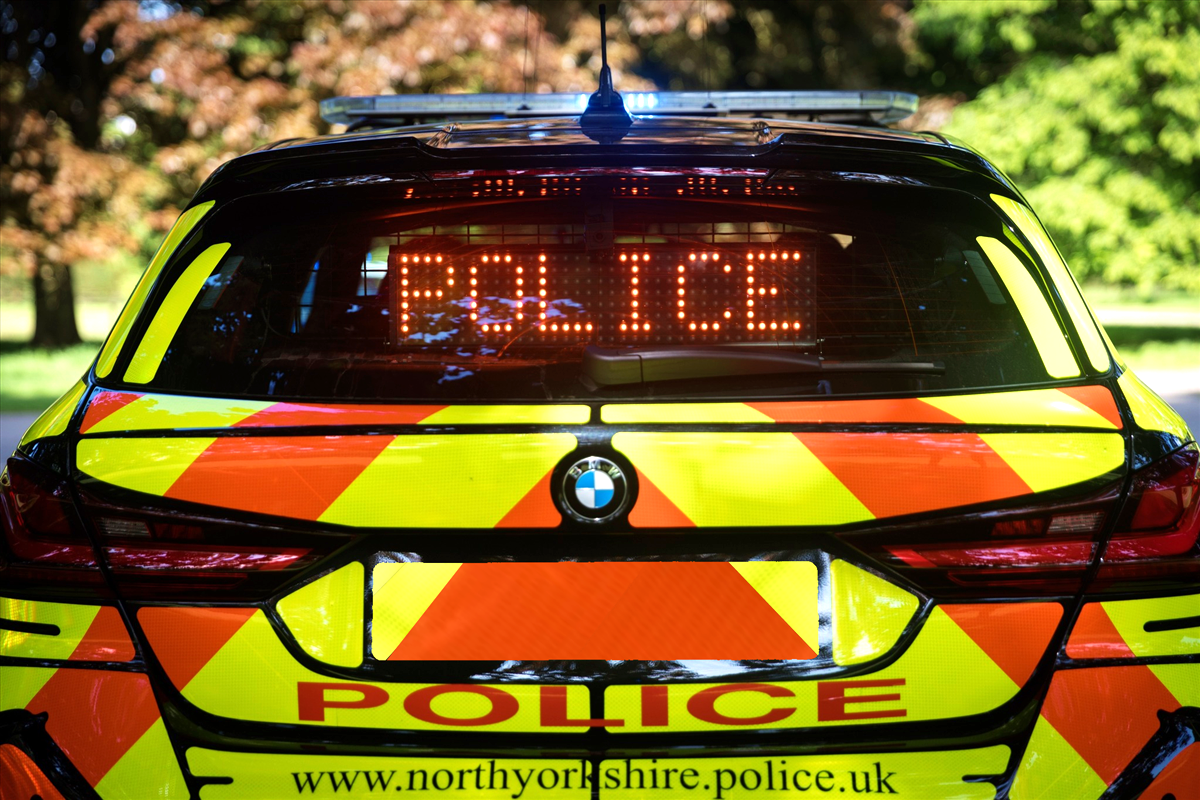 Appeal After Head-on Collision Between Malton and Pickering
Appeal After Head-on Collision Between Malton and Pickering
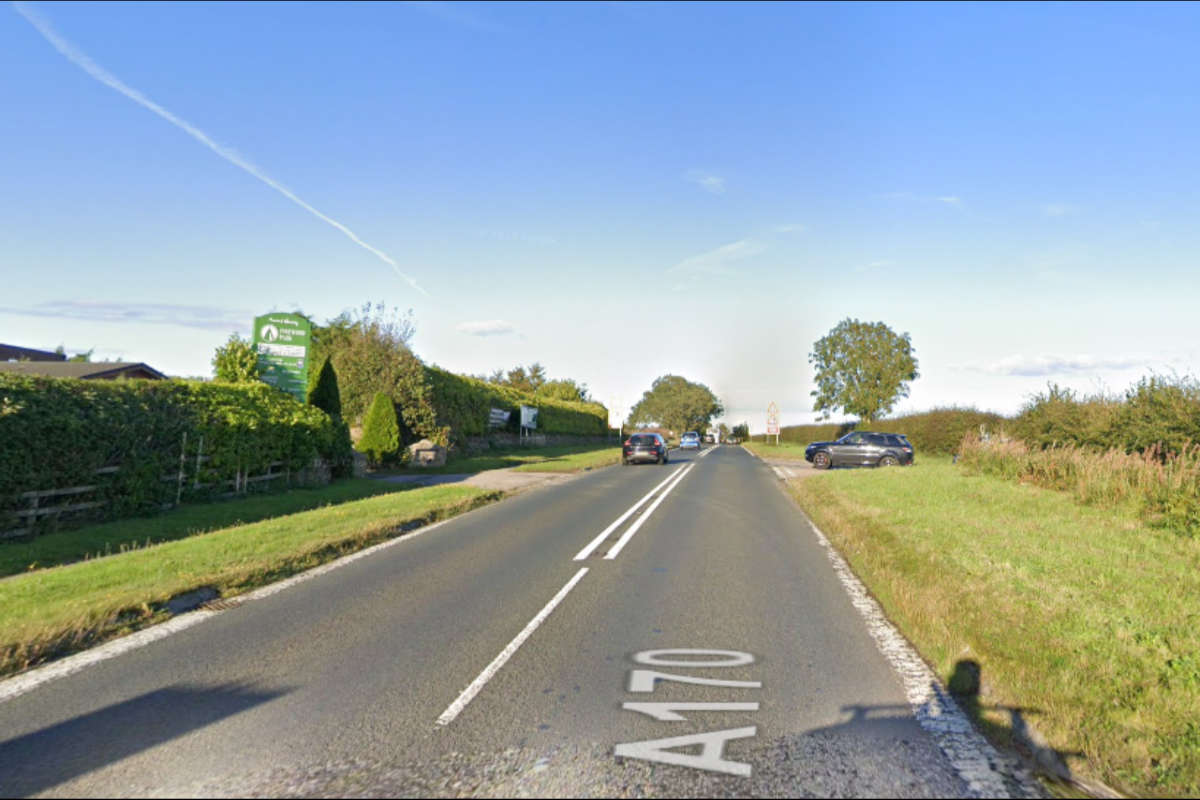 UPDATE: A170 Racecourse Road REOPENS Near Jacob's Mount In Scarborough
UPDATE: A170 Racecourse Road REOPENS Near Jacob's Mount In Scarborough
 Whitby Town Manager Gary Liddle Embraces Dual Role with Hartlepool United Academy
Whitby Town Manager Gary Liddle Embraces Dual Role with Hartlepool United Academy








Comments
Add a comment